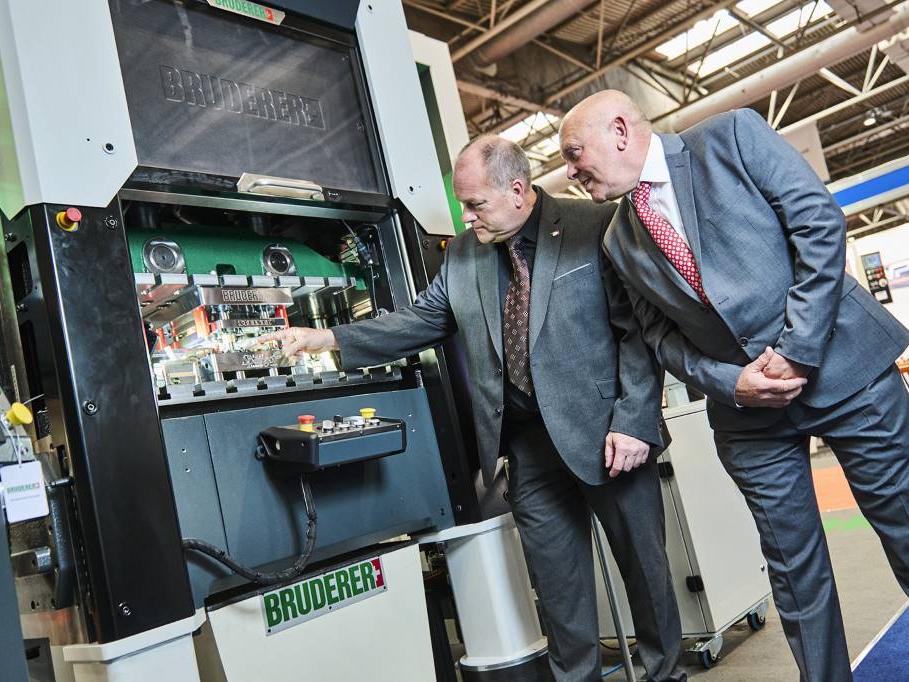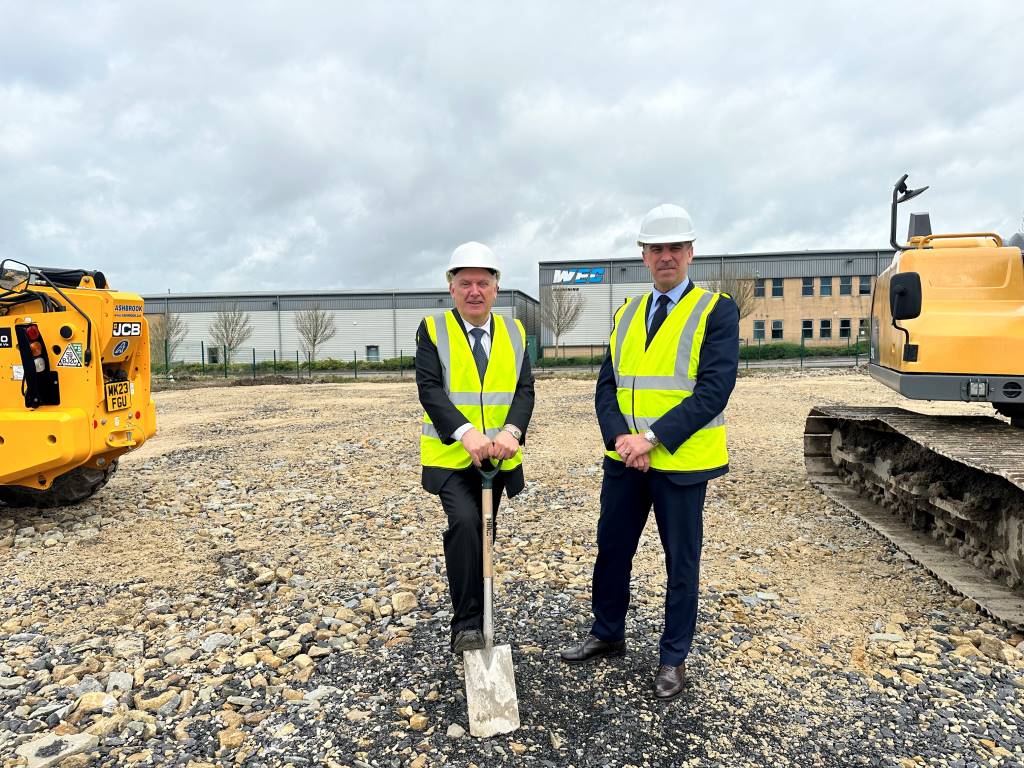Next generation

When Steve Packwood starting helping out with his father’s business as a 12 year old lad, little did he know that 20 or so years later he’d be managing director of a well-established precision engineering company, Batchflow Engineering. Dave Tudor reports.
>
Family-run businesses are relatively commonplace in subcontract manufacturing engineering circles. Often Dad is an engineer, Mum runs the wages/accounts, and if everything goes to plan with a bit of luck, at some point one or more kids get involved. The dilemma for most fathers in this position is secretly hoping that said offspring will one day take the reins, without being too pushy about it.
David Packwood started Batchflow Engineering in 1986 so 2016 represents 30 years in business for the 16 employee, Warwick-based Company. A toolmaker by trade, in the early days, Mr Packwood senior, like many others of his generation, was working every waking hour to get the business off the ground. He’s still involved with the business today.
“Initially it was just Dad and an old capstan lathe,” Steve Packwood recalls. “I was probably his first employee – I used to help out at the weekends doing a bit of component deburring – but I remember being very impressed with it all. It wasn’t exactly glamorous but something about making things really appealed to me. The seeds were sown.”
And indeed they were. After leaving university as a graduate engineer, Mr Packwood spent several years with Jaguar Cars as a body development engineer working on pre-production prototypes. He officially became a Batchflow employee in 2004 – his first project being to get the company’s quality system accredited to ISO 9001. The rest is history; he took the helm as managing director in 2010.
Rapid reactions
A sizeable proportion of Batchflow’s work is serving customers in the motorsport industry. Mr Packwood – by his own admission a self-confessed ‘petrol head’ – believes this sets the standard for the high levels of customer service that the company provides: “Customer service is at the very top of our list of priorities,” he emphasises. “During my father’s time with the business, he established some very important relationships with a number of leading motorsport companies that still exist today.
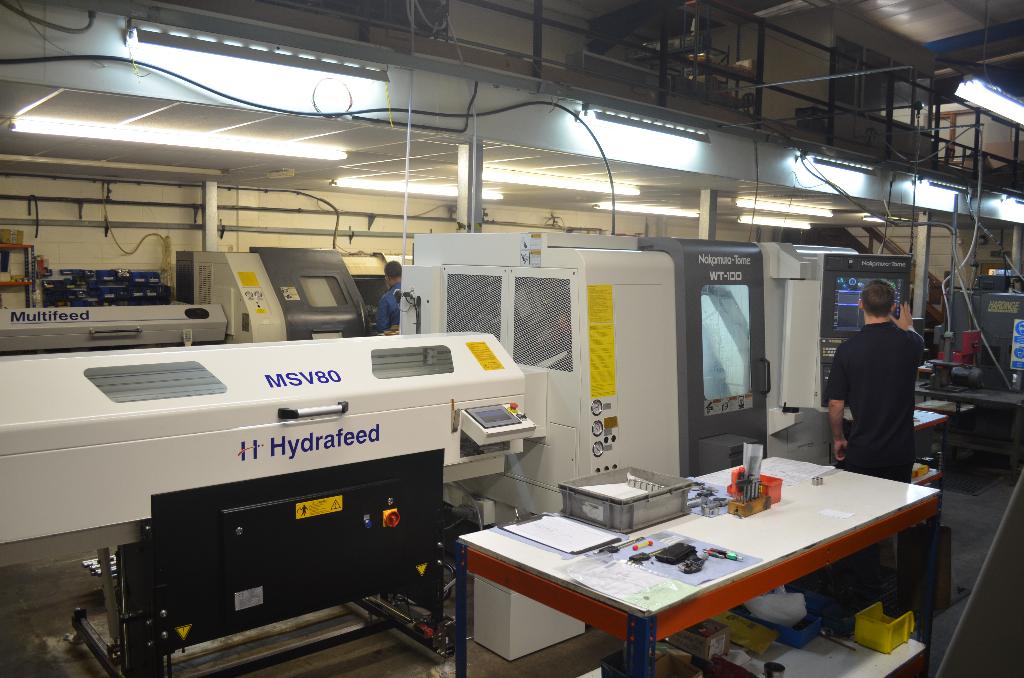
“Things can change very quickly in motorsport: what was a priority yesterday may not be today and customers need suppliers that can react quickly to those changes. Flexibility is key and being a small, agile, knowledgeable business, we can offer real value to our clients. During busy times it’s often all hands to the pumps here – we’ll do everything we possibly can to help our customers. On some occasions we’ve worked throughout the night to ensure that parts are ready for a flight next morning to a race track somewhere in the world.”
Mr Packwood believes in a transparent approach to business: “I guess I’m an engineer first and a salesman second but I’ve always believed in being straight and honest with customers,” he says. “Of course from the client’s perspective this may not always be what he or she wants to hear but they’ll always know where they stand. It’s a philosophy that’s served me well over the years and I believe it’s been an important factor in the longstanding partnerships we’ve established with many of our customers. Product quality is a given – it’s our willingness to go the extra mile that makes the difference.”
Machine investments
Mr Packwood describes Batchflow as a ‘precision machined parts supplier’ but in addition to the machining capability provided in-house it also offers a plethora of services through a tried and trusted supplier network. This includes plating, heat treatment, grinding, honing, EDM, gundrilling, and surface treatments such as anodising.
Turning is probably Batchflow’s core skill, running a range of fixed head lathes from Doosan, Hardinge and Nakamura, complemented by four sliding head lathes from Citizen (two M32s and two L32s).
On the multi-tasking front, Batchflow’s most recent acquisition is a Nakamura WT100 1.3/4 inch bar capacity mill/turn centre purchased from the Engineering Technology Group (ETG) at the back end of 2015: “At around £150,000 this represents a serious investment for us,” Mr Packwood states, “but a few years ago we bought our first Nakamura – a WT150 – and that’s been a really good, reliable and highly productive machine so when it came to purchasing another multi-axis mill/turn machine to increase our capacity it was a bit of a no brainer.
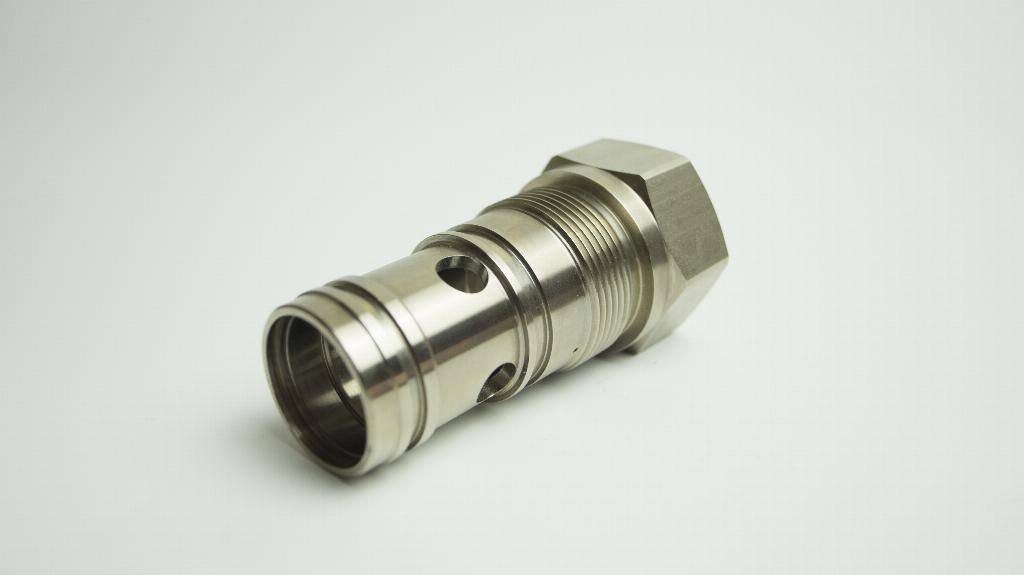
“I’m a fan of twin turret, twin spindle machines generally,” he adds. “For the high precision higher volume components we produce, the WT100 is ideal for one hit machining and optimising cycle times – and it’s very compact. Productivity wise, it’s highly accurate and its capacity for fixed & live tooling is a great asset.”
Another recent acquisition on the shop floor is the heavily marketed 2-Op portable VMC from XYZ Machine Tools. Supplied with a pallet truck, the concept behind this machine is that it can be transported around the factory floor where it is needed – carrying out secondary ops like milling and drilling while more complex operations are being undertaken by the main machine tool. Fundamentally, it’s used to create ‘mini’ manufacturing cells to minimise idle time.
“We have not yet moved the 2-Op from its initial location and to date it has been used as a standalone machine.” Mr Packwood advises. “That said, it’s still really useful. We use it for carrying out second op milling and drilling operations on turned parts for small batch/prototype work. We suffer from lack of space on the factory floor and the 2-Op’s compact form is perfect for us. It has provided a much needed extra spindle without the disruption and difficulty of installing a full sized VMC.”
Design for manufacture
The close relationships Batchflow Engineering enjoys with its clients often means an involvement in the early stages of manufacturing before the first cut is even taken: “In many ways we work with our customers on a consultative basis,” Mr Packwood explains. “Although we don’t design components per se, we do have an input in design for manufacture – the most efficient and cost-effective way to actually manufacture the part. In some cases the customer provides us with the finished component and we’ll re-engineer it. We consider it as all part of the service.”
With Batchflow’s proximity to the M40 corridor, often referred to as Motorsport Valley, it’s perhaps not surprising that the lion’s share of its work is in that sector, but the company is far from being a one trick pony. The low to medium volume, often complex work it undertakes coupled with its unerring commitment to customer service lends itself well to a range of other industries; from hydraulics and defence, through to electronics and leisure.
Member benefits
Batchflow is a paid up member of both the MIA (Motorsport Industry Association) and the BTMA. Mr Packwood believes that both are invaluable for keeping abreast of industry news and developments: “I think the primary benefits are through the networking capabilities they provide,” he affirms. “We’ve been members of the BTMA for some time but this is only our second year in the MIA.
“I’d like to attend more networking events but what’s been particularly useful with both associations is that they enable me to see the bigger picture. Some of our suppliers and customers are members and having face to face contact with them in a different environment is really important for maintaining and nurturing business relationships.
“Importantly, the events are also really useful for meeting new contacts: aside from the new business aspect, I’ve met some really knowledgeable people that I’ve called upon subsequently for advice. I would never have met those people otherwise. It’s always good to share knowledge and experiences.”
Bridging the gap
Finding skilled people is the bane of the manufacturing industry at the moment so like many other companies, Batchflow has been proactive and started up its own apprenticeship programme to provide skills for the future.
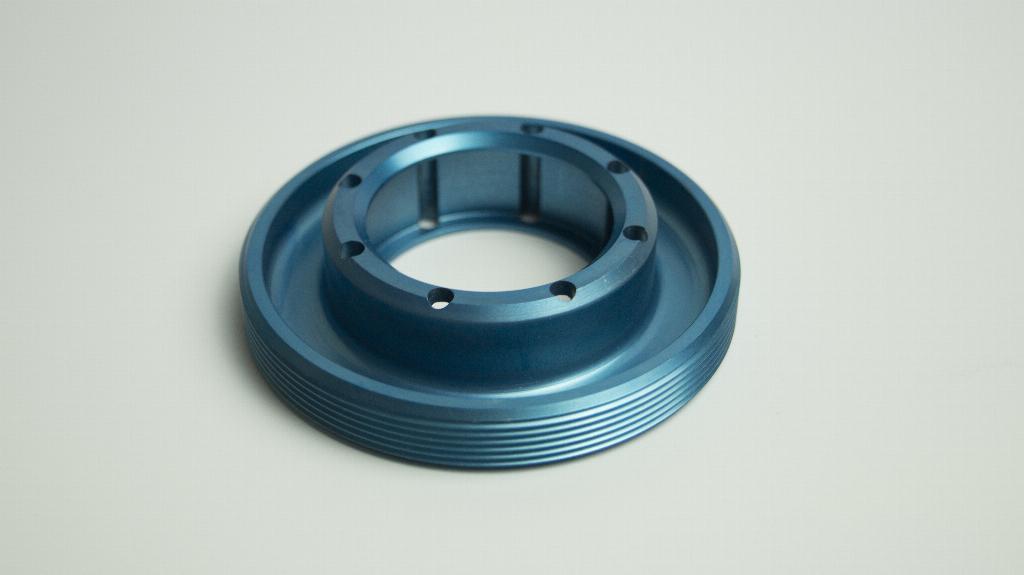
“Traditionally, small companies like ours fed off larger local organisations – for our labour force,” Mr Packwood explains. “But now regrettably, a lot of those large businesses are no longer around or are significantly smaller so we have to take things into our own hands.
“I’m pleased to say things have worked out very well – we employed our first apprentice about six years ago and our second recruit is just about to complete his apprenticeship. We hope to be taking on a third in the near future. We have used Mid-Warwickshire College as a training partner; I think we’re lucky in this area, training facilities are generally pretty good,” he concludes.
Batchflow Engineering www.batchflow.co.uk





